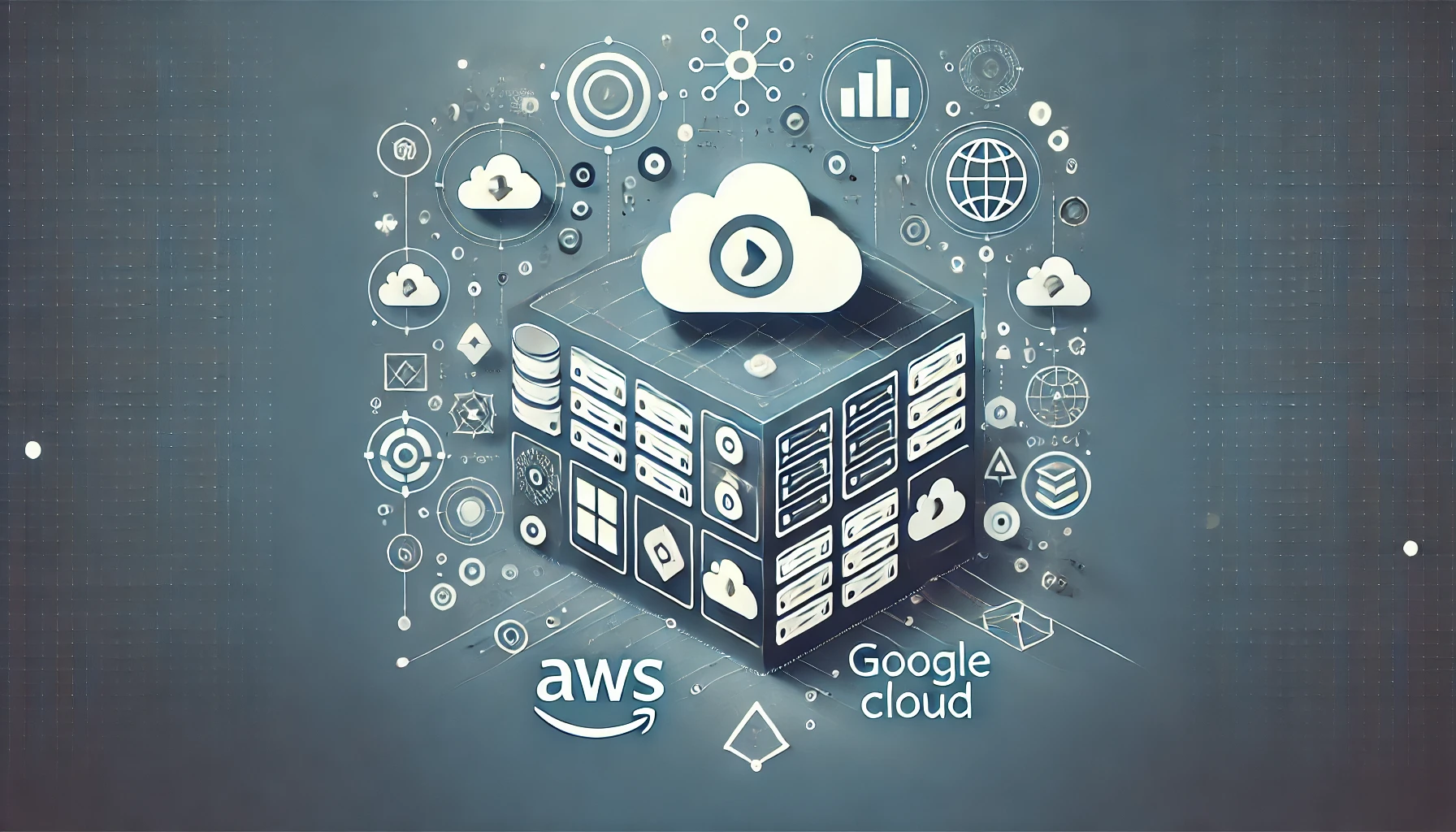Introduction
In today’s fast-evolving digital world, businesses need more than just a working app—they need one that scales seamlessly as user demand grows. This is where cloud-based development steps in. By leveraging cloud platforms like AWS and Google Cloud, companies can ensure their apps deliver top-notch performance while keeping costs under control.
In this blog, we’ll explore how cloud solutions can help your app grow effortlessly by providing scalability, performance improvements, and cost-efficiency.
Why Cloud Solutions are the Future of App Development
Cloud computing has revolutionized app development, making it easier for startups and enterprises alike to build scalable apps without needing expensive hardware or infrastructure. Here’s why cloud solutions are becoming the go-to choice for modern app development:
- Seamless Scalability
- Improved Performance
- Cost-Efficiency
Let’s dive deeper into each of these benefits.
1. Seamless Scalability: Grow with Your Users
One of the biggest advantages of cloud-based app development is the ability to scale effortlessly. Whether your app has 100 or 1 million users, cloud platforms like AWS and Google Cloud offer elastic scalability, allowing your app to grow as needed without any disruption to service.
Example: A startup launches an app that quickly gains popularity. Instead of worrying about upgrading servers to handle more users, the company can leverage AWS Auto Scaling to automatically adjust its resources based on demand. This means the app can grow organically without requiring manual intervention.
Key Benefits:
- On-Demand Scaling: Cloud solutions allow apps to scale automatically based on real-time traffic.
- No Downtime: As your app grows, scaling happens seamlessly, preventing outages or performance issues.
- Global Reach: With cloud platforms, your app can quickly scale to serve users across different regions without needing physical infrastructure.
2. Improved Performance: Faster Apps, Happy Users
In a competitive market, the performance of your app can make or break user satisfaction. Cloud solutions like AWS and Google Cloud offer powerful tools to optimize performance, ensuring your app loads quickly, handles traffic spikes efficiently, and delivers a smooth user experience.
Example: An e-commerce app hosted on Google Cloud uses Content Delivery Networks (CDN) to cache content in servers closest to the user. This reduces loading times and improves the overall app performance, even during high-traffic periods like holiday sales.
Key Benefits:
- Faster Load Times: Reduce latency by delivering content from servers geographically closer to your users.
- Traffic Management: Handle sudden traffic spikes (e.g., during promotions or viral campaigns) without affecting performance.
- High Availability: Cloud platforms ensure your app is available 24/7, with built-in redundancy and failover mechanisms.
3. Cost-Efficiency: Only Pay for What You Use
Traditional infrastructure requires heavy upfront investment in servers, storage, and maintenance. Cloud platforms like AWS and Google Cloud offer a pay-as-you-go model, which means you only pay for the resources your app actually uses. This drastically reduces the financial burden, especially for startups.
Example: A SaaS company hosts its app on AWS, where they only pay for the computing power and storage used each month. When user demand is low, the company’s costs decrease, and during peak periods, additional resources are automatically allocated to maintain performance. No excess spending on unused resources.
Key Benefits:
- Pay-as-You-Go Model: No upfront investments in infrastructure, only pay for the resources you use.
- Cost Transparency: Detailed billing ensures that you know exactly what you’re paying for, making budgeting easier.
- Serverless Architecture: Cloud platforms offer serverless computing, allowing developers to focus on building features while the cloud manages the infrastructure.
Cloud Platforms to Power Your App: AWS vs. Google Cloud
While both AWS and Google Cloud offer excellent cloud services, there are some differences that may make one more suitable for your app’s needs:
AWS (Amazon Web Services)
As one of the leading cloud service providers, AWS offers a broad range of services, including Elastic Load Balancing, Auto Scaling, and S3 Storage. AWS is known for its flexibility, comprehensive tools, and strong global infrastructure, making it ideal for both startups and large enterprises.
Google Cloud
Google Cloud shines in its data analytics and machine learning capabilities. It’s an excellent choice for apps that require data-driven insights and real-time analysis. Google Cloud’s BigQuery and Kubernetes are particularly strong offerings, especially for developers looking to build scalable, data-heavy applications.
Both platforms offer seamless scalability, high performance, and cost-efficiency, making them solid choices for building and scaling apps.
Conclusion: Cloud Solutions Are Essential for App Growth
Cloud solutions offer the flexibility, scalability, and performance that modern apps require. Whether you’re building a startup MVP or managing a large-scale app, leveraging cloud platforms like AWS and Google Cloud ensures that your app grows smoothly, performs at its best, and keeps costs under control.
Optimize Your Cloud Costs Today
At Mobitrics Technologies, we not only help you build scalable apps using cloud platforms but also offer cost optimization services to ensure you’re getting the most out of your cloud investment. Contact us today to learn how we can help you scale your app efficiently and save on cloud costs.



